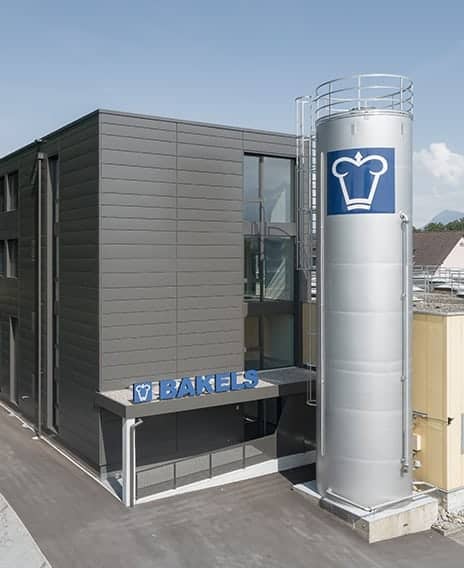Our History
Bakels has over 110 years of history, which has shaped today’s global organisation.
1900s
Hendrik Adrianus and Bernardus Johannes Bakels registered the Bakels company in Amsterdam in 1904, known as Bakels Senior, which traded out of the heart of the city.
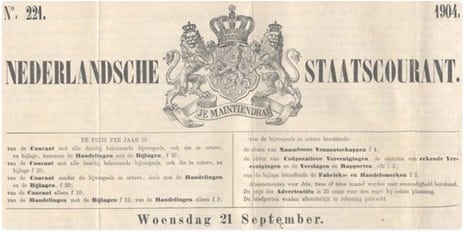
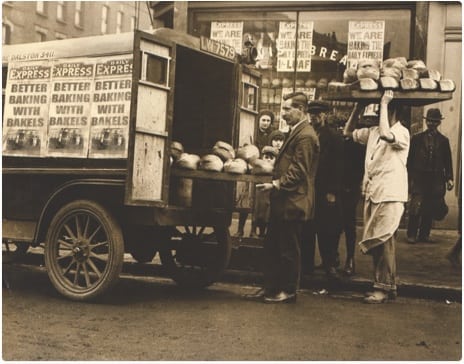
1940s
Bernard J Bakels JR established Nordbakels as a manufacturing company in Gothenburg in 1943, supplying ingredients to bakers and patissiers.
South Bakels, Irish Bakels and British Bakels founded.
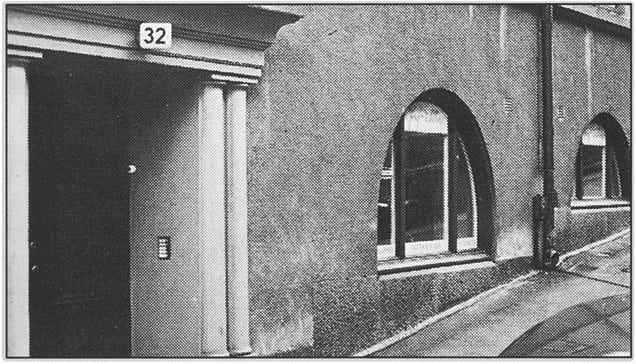
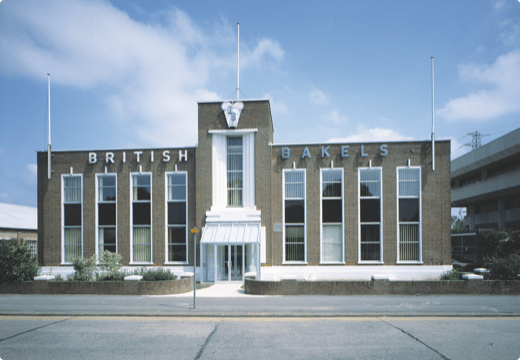
1950s
Launch of some of today’s favourite brands such as Masterfat, Rollex, Balec, Bacom, Voltem and Lecitex, many of which have technologically evolved to suit today’s markets.
1950s saw Bakels start companies in New Zealand, Zimbabwe and Australia.
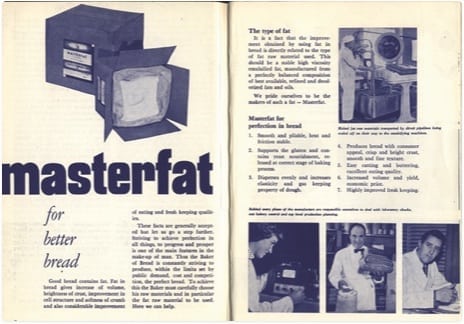
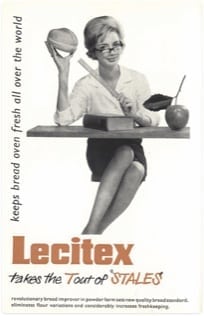
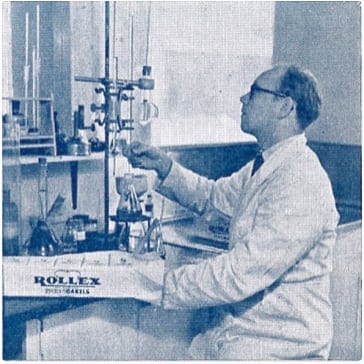
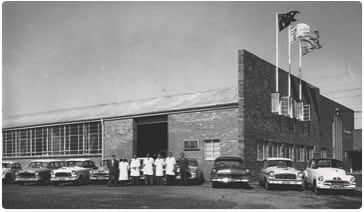
1960s
EMU AG in Switzerland established.
Introduction of Data Esters, firstly into Voltem.
The early 1960s saw custards, Bavarian Supreme and Instant Kramess launched.
Pettinice was introduced as a stabiliser for soft icings, later appearing as an RTU version.
Ovalett, used by many bakers around the world, launch in the mid-1960s.
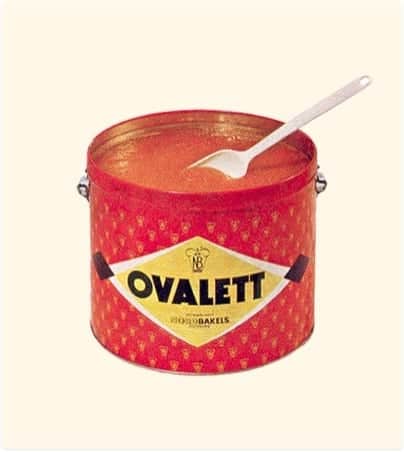
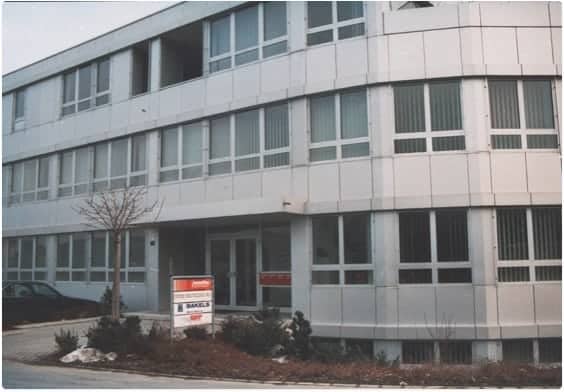
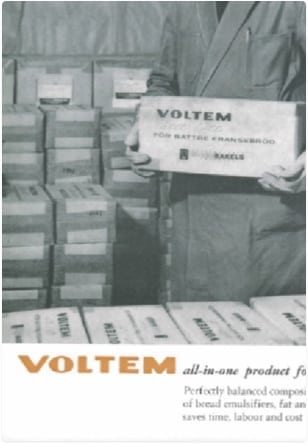
1970s
Bakels launched confectionery premixes at IBA in 1971, with Pettina Cheesecake added in 1972.
Formation of Bakels in Shanghai, China in 1976.
Introduction of Tinglide, especially developed for greasing cake and sponge tins, Swiss roll plants and other equipment.
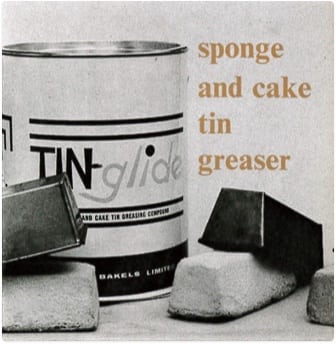
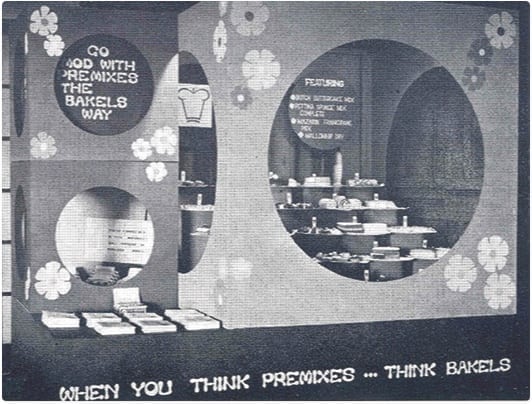
1980s
The EMU Foundation is activated in 1986 following the death of Bernard Bakels, ensuring the financial security of the group, a key milestone and cementing the strategy of long term growth.
Bakels establishes itself in multiple continents with companies starting in Singapore, Malaysia, Fiji and Finland.
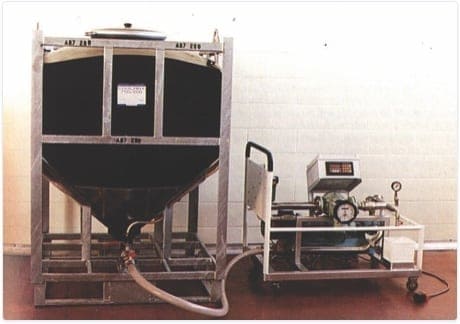
Launch of bulk liquid ingredients, a packaging innovation for customers.
Bakels introduce enzymes into bread improvers, giving benefits to volume, shelf life and consistency of baking.
1990s
A busy decade for Bakels, who entered diverse markets. Bakels Edible Oils specialising in oil blends and fats began in 1990, while companies were also started in Poland, India and Russia.
Lecitem launched in a pumpable format in 1998, reducing the issue of dust in craft bakeries.
Enzymes were increasingly used throughout the 1990s, which, without the use of in the UK baking industry, could not have moved to the use of softer European wheats for bread making.
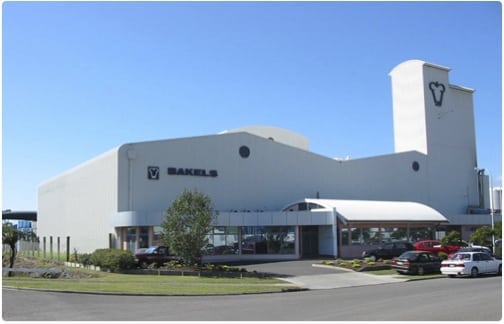
2000s
Bakels launches companies throughout Latin America in Chile, Ecuador, Peru and Brazil, while presence in Indonesia, Thailand, Philippines, Belgium and Africa allowed customers to quickly obtain Bakels products around the globe.
Masterfat, among other long-established emulsifiers, was available in bag-in-box.
2004 also saw the Bakels Group mark 100 years of trading.
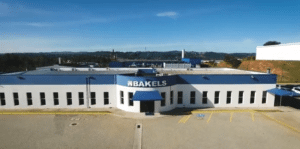
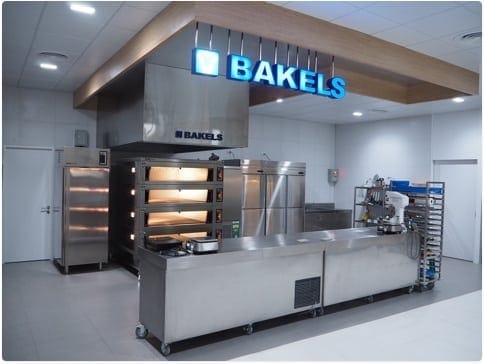
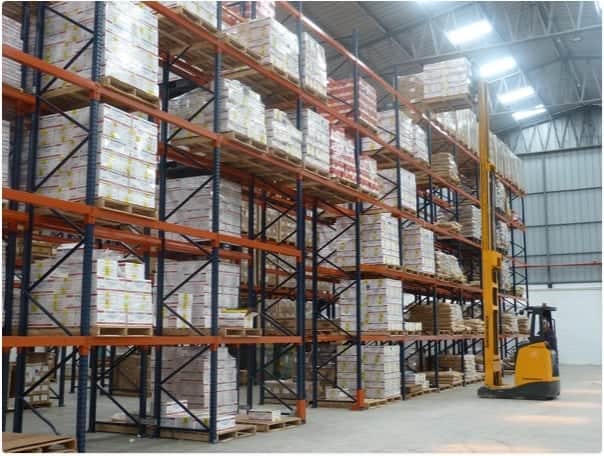
2010s
Further Bakels companies continue to open to this day, acquisitions of Aromatic and Nutribake strengthen Bakels’ position in technical scratch ingredients and speciality bread markets respectively.

A new manufacturing plant in Dalian, China emphasises Bakels’ strategy of ‘going where the growth is’.
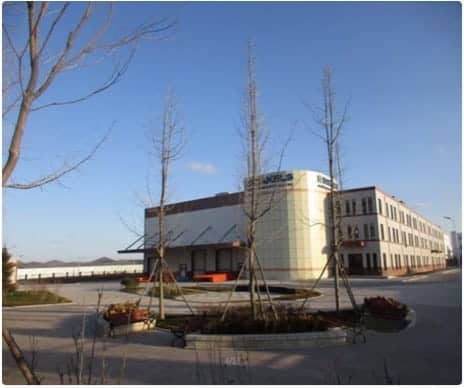
EMU and Bakels Nutribake relocate to Rothenburg, Switzerland.
